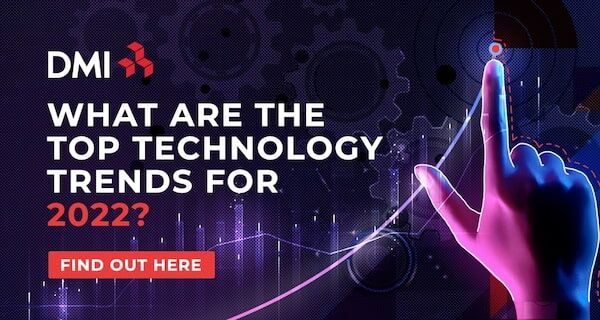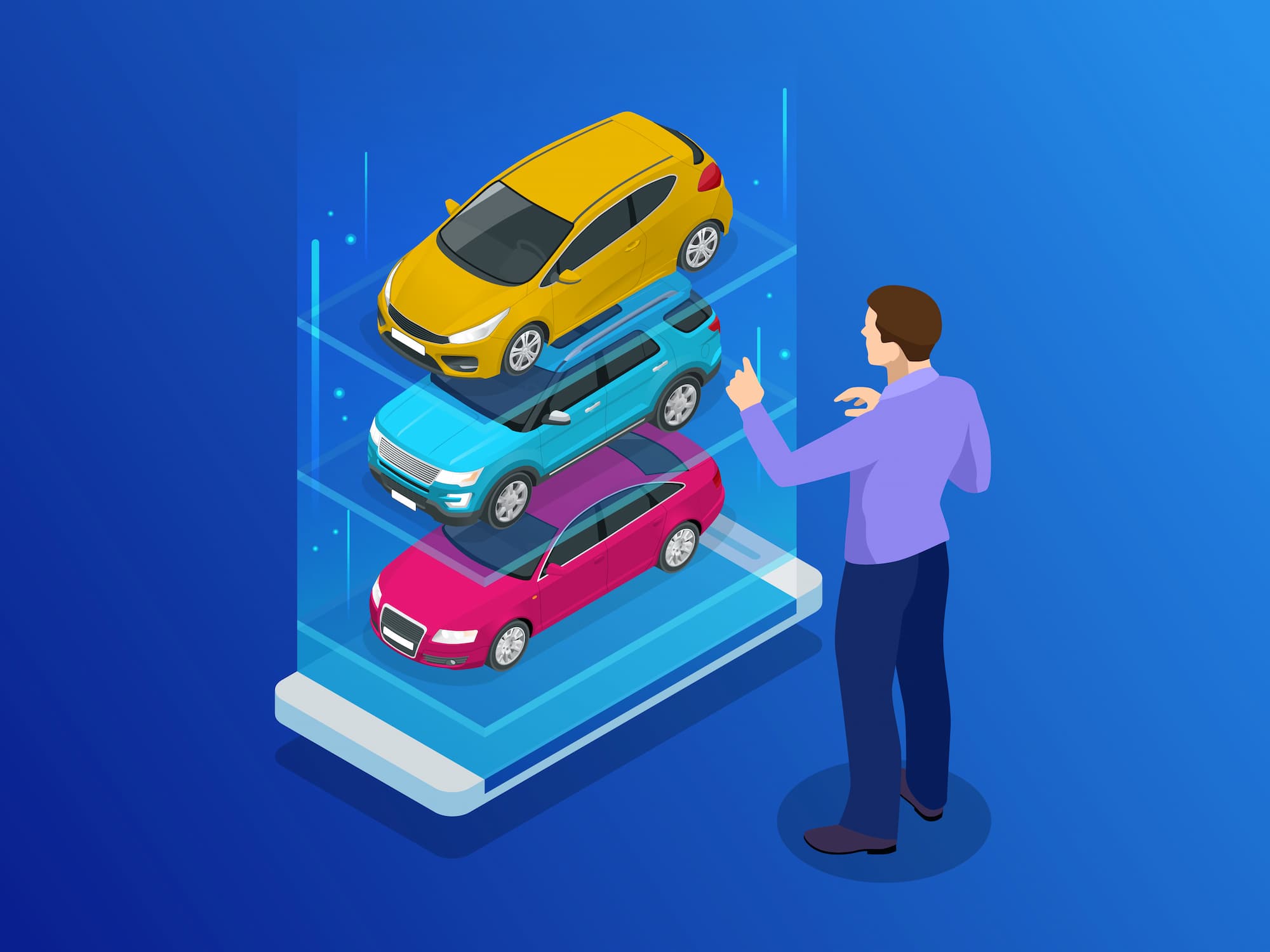What Does the Dealership of the Future Look Like?
It wasn’t too long ago that people were asking when cars would drive themselves. Now, autonomous cars are becoming a reality.
This same kind of innovation is happening throughout the automotive industry — not just in the cars we drive, but also at the dealerships that sell them.
Over the last decade, car dealerships have needed to adopt digital-first business models to accommodate evolving consumer expectations and make the shopping experience more personalized and frictionless, following in the footsteps of eCommerce and other retail sectors. Thanks to the COVID-19 pandemic, though, digital transformation has become even more urgent.
As automotive innovations are adopted at an increasingly rapid pace, let’s explore what the dealership of the future might look like and how enterprises can leverage these technologies to maintain a competitive edge.
A New Era of Automotive Retail
The push for digital in the automotive industry has been a long time coming. A 2014 McKinsey study, for example, found that more than 500,000 cars are traded on the eBay Motors website alone every year.
Now in 2021, this shift is even more palpable. We’re arguably experiencing one of the biggest industry disruptions since Ford’s Model T assembly line.

Permanent shifts — brought on by changing competition, advances in digital technology, and connected mobility — are now empowering customers to demand more of their automotive experiences. These same shifts signal new opportunities for production innovation, customer engagement, and business transformation. Therefore, enterprises must leverage these opportunities and take a new approach to automotive retail or risk falling behind.
According to industry research, buyers still see the dealership as a key part of their car-buying journey. Around 70% of buyers consider the dealership a major touchpoint for physically experiencing the car. Likewise, most buyers visit the dealership 2-3 times prior to purchase.
Meanwhile, buyers also rely on online touchpoints to shape their decisions and experiences. Greater than 80% of car buyers use online sources during the purchase-consideration phase. Also, more than 60% of buyers perceive booking, paying, and reviewing additional services online as appealing.
While both physical and digital experiences are valuable, they are also unique. Buyers are embracing a true omnichannel approach. They start their buying process online: they research, request quotes, and start the financing process or even sign the contract. Then, they go to the dealership to assess the look and feel, take a test-drive, and pick up the keys.
That being said, consumers still expect a true continuity of experience. Therefore, franchised dealer networks and original equipment manufacturers (OEMs) have to work together to pioneer new retail models and update distribution channels, service delivery, and ownership experiences. Ultimately, both must acknowledge they’re selling more than just a car; they’re selling an experience in every sense of the term.
At DMI, we believe the digital dealership is a lifestyle-based, personalized customer experience that:
- Delivers an end-to-end digital car-buying experience powered by data, AI, bot technologies, and live agents.
- Leverages the latest virtual reality technologies to deliver an enabled showroom experience.
- Establishes new business models around subscription services and mobility fleet solutions based on strategic partnerships.
- Provides existing customers with service on-demand including connected diagnostics, over-the-air updates, and repairs.
- Supplies customers with the latest concierge services to simplify and eliminate stress from auto buying and ownership.
The digital dealership point of view enables a digital ecosystem that brings together a number of different services into one connected experience. One that combines software mobility and other automotive technology in a way that lets people shop how they want, whenever they want, wherever they want — no exceptions.
Connected Vehicles & The Future of Car Dealerships
Embracing omnichannel, customer-centric technologies and sales processes are key to the digital transformation of the automotive industry. However, when we’re talking about the “dealership of the future,” we can’t understate the role that the connected vehicles play.
Here at DMI, we’ve developed a framework that envisions an agile, voice-driven driving experience that adapts to each new wave of technology as it arrives. It has three sub-frameworks:
- Connected: Where we are now — Automakers and OEMs integrating mobile technologies into the driving experience.
- Hybrid: Where we’re going in the next five years — Adapting ever more automation and transitioning vehicles into networked mobile platforms.
- Autonomous: Where we’ll be in a decade — Automated technologies take over the driving, creating a travel landscape radically different from the one we occupy today.
“In the current connected framework, carmakers are thinking inside-out, connecting drivers to the outside world,” explains Mike Deittrick, DMI’s Chief Marketing Officer and Presidents of the AI & Analytics Group. “We have to start thinking outside-in, pulling the outside world into the driving experience.”
So, how does this impact car dealers?
As predictive analytics become more sophisticated, our vehicles may be able to predict the lifespan of essentials like tire tread, brake pads and hydraulic fluids. Our framework anticipates the ability to connect on-board maintenance data to dealerships, quick-oil-change shops, and other service providers.
“Your vehicle will send a driver alert that says ‘your oil has another 200 miles. Would you like me to schedule an oil change?’ It’s location- and context-aware, so it knows how to fix the problem,” Deittrick continues.
Picture an automated assistant removing the hassle of setting up repairs at the dealership.
“When dealership schedules become electronic, your vehicle can say ‘12:00 to 12:30 is open at your dealer on Wednesday, October 21st. Can I book that for you?’” Deittrick says. “Imagine the possibilities to create a lifestyle-driven convenience experience within the vehicle – they are endless.”
This constant availability of data combined with advancements in AI and cloud computing will continue to disrupt the auto industry. Car dealerships must leverage this connected data to not only bring their services into the future but also maintain a competitive edge.
Your Connected Vehicle Partner
DMI believes the future driving experience is centered around bringing the outside world inside the vehicle. However, this can’t be done alone.
Delivering this requires digitally extending the vehicle to become a platform — a platform that is the heart of an ecosystem that reaches outside current automotive leaders to include consumer service providers, retailers, cities and beyond. Instead of relinquishing control, we see the experience being owned by brands.
To learn more about our connected vehicle framework, contact us.



